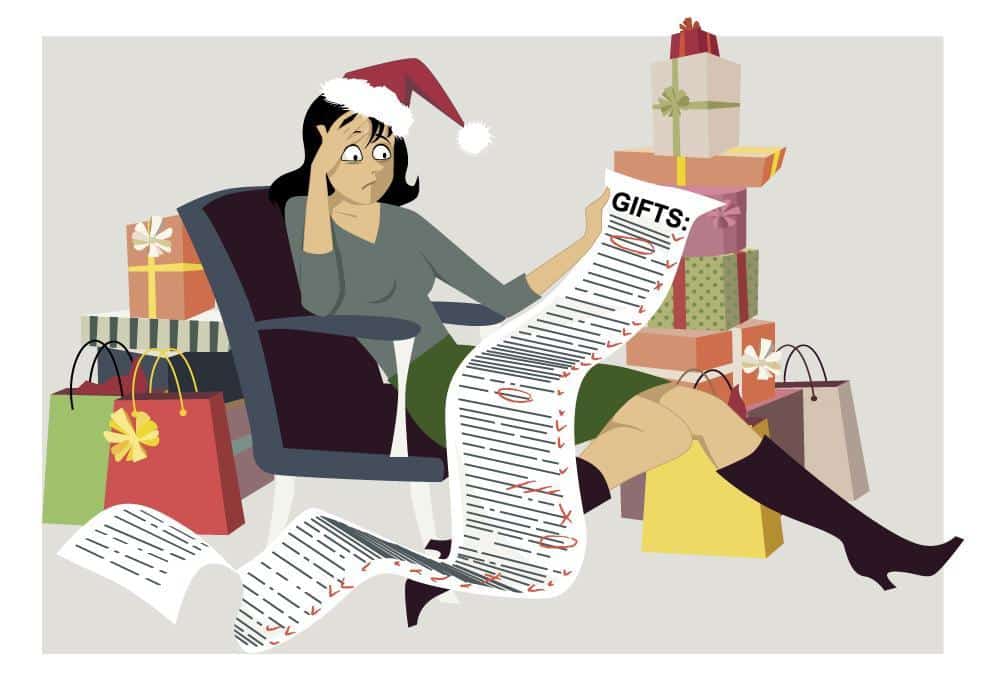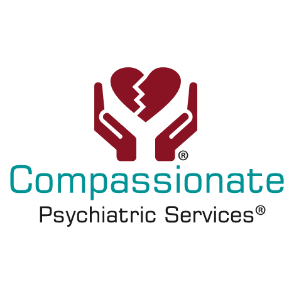
How this might negatively impact our collective mental health.
Do you feel a little less than merry during the holidays? If you do, you’re not alone and your feelings are valid and normal. There are many reasons that the holidays increase anxiety, disappointment, and depression, some of which might include feeling overextended with a busy holiday calendar, deadlines, the loneliness felt from the loss of loved ones, and the lack of sunshine due to long winter days (SAD). We all feel the lack of enough time to do the things and see the people we want, the expectation of gift exchanges, and the emotional upheaval felt from family gatherings.
The best defense to feeling blue during the holidays is to prepare in advance. Below are ways you might prepare to handle the increased stress of the holidays.
- It’s important to understand that it is ok not to feel the festivities or be in the holiday spirit. Have a support system identified and available to share your lack of seasonal cheeriness so you feel supported. Triggers for holiday angst come from past memories, stressful family traditions, and interactions, or the loss of your loved ones.
- Dealing with grief and loss during the holidays is understandably a trigger for depression, anxiety, and unease. It is normal to feel increased loneliness so be aware of your feelings and make sure your expectations are realistic. Remember that as life circumstances change so do the traditions. Communicate with your support system to let them know how they can support you.
- Don’t fall prey to what society says the perfect holiday should be like. The pressures of the perfect holiday are seen in the movies, ads, and on social media. Comparing your situation to those seen in the movies or on social media is dangerous. Work towards setting realistic expectations and boundaries for yourself and those that you interact with.
- Don’t get caught up in the commercialism of the holiday or the pressure to give more than you can. Honor your situation and remember that ‘giving’ to others doesn’t have to be about spending money. You can give the gift or your time or a homemade gift and gifting ‘acts of service’ is almost always appreciated more than something bought.
- Make a point of getting as much natural sunlight as possible. Season Affective Disorder( SAD)is real and the lack of exposure to natural light can increase your symptoms of depression. Schedule your exercise for the middle of the day, work next to a window or outfit your home with light bulbs that emit warm, bright light or burn nice-smelling candles. Honor your sensitivity to this time of year by creating projects you can do indoors like writing, meditating, knitting, or online classes.
- Understand the danger of succumbing to isolation. Though you may feel so depressed that you only want to be by yourself, it is important to make the effort to reach out and connect with your support system. By reaching out, you will probably help someone else who might be feeling just as blue as you. Make a list of the people, places, and things that make you feel happy, and schedule regular meetings, phone calls, or events with those people. Self-care is important during the holidays, try to eat a clean, balanced diet, and get enough exercise and sleep.
If you have tried all these tips and you have been feeling anxious and depressed for more than two weeks or you have thoughts of suicide, reach out to your mental health professional or your primary care physician immediately. If you or a loved one struggles with depression and anxiety exacerbated due to the holidays, Compassion Psychiatry has many treatments available to you. Give Compassionate Psychiatry a call today to speak with a specialist.


